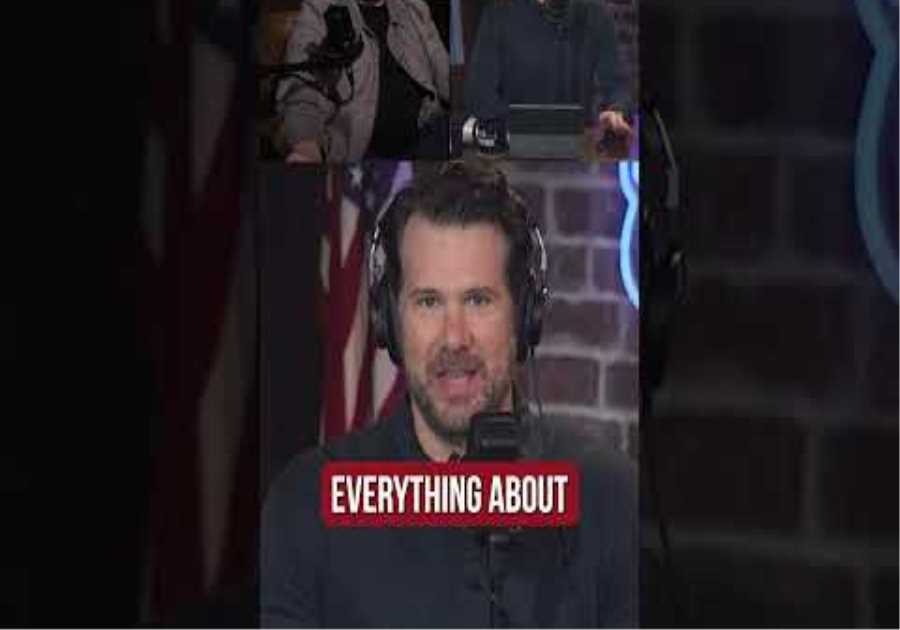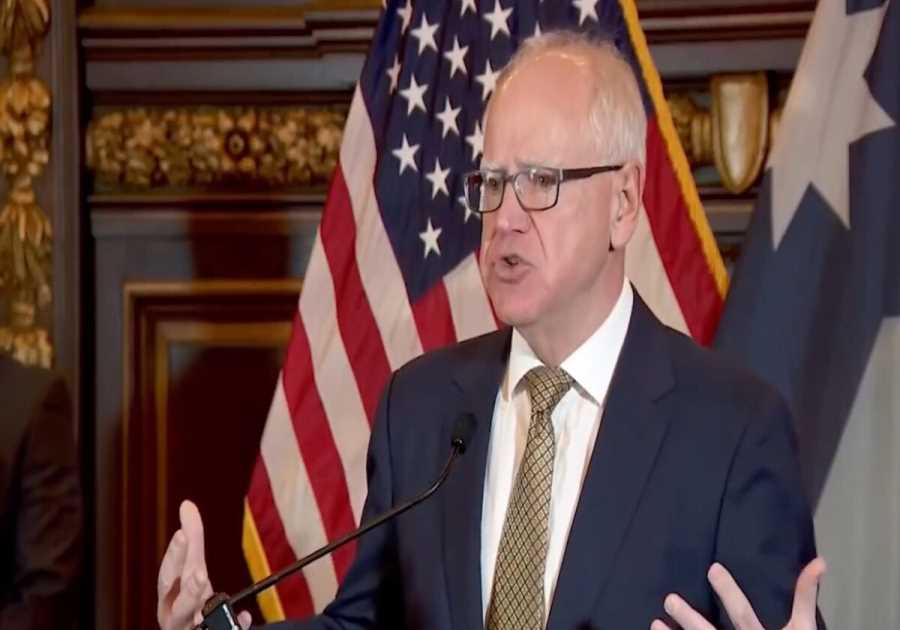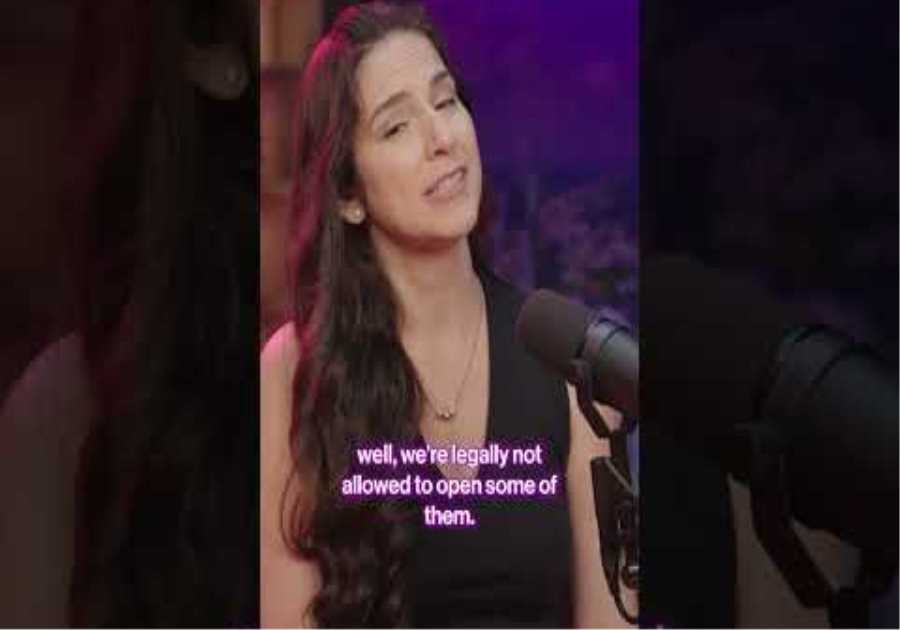
Washington is broken. That's not news. Congress can't pass a budget without a crisis. They can't reform anything without fighting for years. They can't solve actual problems because they're too busy fighting over talking points. So while Washington argues, actual states are governing. They're solving real problems. They're implementing policy that works.
I want to show you what that looks like. And I want to show you why it matters more than you probably think.
Let's talk about Texas and energy policy. This is a real-world example of how federalism actually works when states have the freedom to govern themselves.
Listen to the Article
The Federal Energy Situation
Here's the reality. The federal government has authority over interstate commerce and energy infrastructure. But that authority has become paralysis. Congress can't agree on energy policy. The Biden administration wants to eliminate natural gas and coal. Republicans want to expand traditional energy. Environmentalists want to ban everything. So nothing happens. Well, nothing productive happens anyway. What does happen is that federal agencies write regulations that try to push policy without congressional authorization.
The result? Confusion. Businesses don't know what rules will apply next year. States get federal mandates they disagree with. Energy prices become unreliable. Investment in new infrastructure slows down because companies don't know if their investments will be stranded by new regulations.
It's a mess. And it affects real people. People paying energy bills. People working in energy sectors. People living in areas where energy policy directly affects the economy.
What Texas Did Differently
Now let's look at Texas. Texas has significant authority over its own energy policy. Texas has its own electrical grid in most of the state. Texas has oil and natural gas resources. Texas has been a leader in renewable energy. And what's Texas doing?
Texas is pragmatic. Texas looked at what actually works. Natural gas provides reliable baseload power. Wind provides clean renewable energy. Solar is becoming more cost-effective. So Texas developed an energy portfolio that uses all of it. Natural gas, wind, solar, and yes, some coal plants still operating. Not because ideology says to, but because that's what works. That's what provides reliable, affordable energy to Texas residents.
The result? Texas has lower energy costs than many states. Texas has a reliable electrical grid that hasn't collapsed even during extreme weather. Texas is attracting businesses because energy is affordable and available. California, by contrast, with its ideologically-driven energy policy that prioritizes renewables exclusively, has rolling blackouts, unreliable power, and some of the highest energy costs in the nation.
Texas isn't perfect. No state is. But on energy policy, Texas is solving a problem that Washington can't solve. And the difference? Texas made decisions based on what actually works, not what ideology demands.
How State Competition Works
Here's what matters about this example. Texas made one choice. California made another. Other states made different choices. And now we can actually see which approaches work better.
Imagine you're a manufacturer. You need reliable, affordable electricity. You're looking for where to locate. Would you choose California, where blackouts are common and electricity is expensive? Or Texas, where power is reliable and affordable? The answer is obvious. Companies are moving to Texas. Businesses are leaving California.
That's how federalism works. That's how it drives better outcomes. States compete. Good policies attract people and businesses. Bad policies drive them away. Successful states get copied. Failed approaches get abandoned. It's like free-market governance.
But this only works if states have actual authority. If the federal government imposes one energy policy nationwide, this competition disappears. If Washington says every state must follow California's approach, then Texas can't do something different. Then you don't get to learn which approach actually works. Then the entire nation gets stuck with whatever policy Washington decides, whether it works or not.
The Contrast With Washington
Washington has tried to impose energy policy. The Obama administration pushed the Clean Power Plan. The Trump administration rolled it back. The Biden administration is pushing aggressive climate policies. Each administration changes the rules. Businesses don't know what to plan for. Investment becomes uncertain. Nobody wins. Everybody loses.
Texas, meanwhile, is solving an actual problem. Providing reliable, affordable energy to its citizens. Attracting businesses. Creating jobs. Not because everything is perfect. But because decisions are made at a level where consequences are visible and accountability is real.
Picture this. You're an energy company executive. You're trying to plan for the next decade. If you're dealing with federal policy, it changes every four to eight years depending on who's president. You don't know what regulations you'll face. You don't know if your investments will be stranded. You can't plan long-term. So you make cautious, short-term decisions.
If you're dealing with Texas policy, it's different. The state has consistent approaches. You can see what works. You can plan. You can invest with some confidence that the rules won't change radically based on who wins an election. That's how you get sustained investment and real economic growth.
Why This Matters Beyond Energy
Energy policy is just one example. You see the same pattern everywhere. Education, criminal justice, environmental protection, economic development. States are experimenting. Some succeed. Some fail. Good policies get copied. Failed approaches get abandoned. And importantly, if you don't like your state's approach, you can move to a state that aligns with your values.
Criminal justice is another example. Some states are experimenting with different approaches to incarceration, rehabilitation, sentencing. Some are working better than others. States are learning from each other. But if the federal government mandated one approach nationwide, you'd lose that experimentation. You'd lose the ability to learn. You'd lose the ability to choose a state whose criminal justice philosophy aligns with yours.
Education is the same. Some states emphasize traditional curriculum. Some emphasize vocational training. Some emphasize STEM. Some emphasize liberal arts. Different approaches work for different communities. But if the federal government mandated a single curriculum nationwide, you'd lose that diversity. You'd lose that ability to tailor education to local needs.
Here's What I Didn't Fully Understand At First
I used to think that federal solutions were better because they were coordinated. One policy applied everywhere. Consistency. But I realized that consistency isn't always good. Consistency imposed from above, without local input, often produces bad outcomes for everyone.
Federalism produces different outcomes in different places. That sounds messy. It is messier than a single federal mandate. But it produces better outcomes because policies are tailored to local needs and accountable to local voters. And when you see what works in one state, other states can copy it.
That's actually how progress happens. Not through federal mandates. Through states experimenting, learning, and competing to provide better governance.
The Federal Pushback
Here's where it gets interesting. Washington doesn't like this. The federal government wants authority. Unelected bureaucrats want to write rules that apply nationwide. Congress wants power concentrated in Washington. So they push back against state authority.
The federal government will fund programs with strings attached. "We'll give you money for education, but only if you implement this specific federal curriculum." That's how they maintain control. States get federal money, so they comply with federal mandates.
Or they threaten enforcement. "If your state doesn't implement this policy, we'll sue you. We'll withdraw federal funding. We'll impose penalties." Suddenly, states lose practical authority even if they have theoretical authority.
Or they regulate through agency authority. The EPA makes rules that effectively preempt state environmental policy. The Department of Labor makes rules that override state labor law. Federal agencies consolidate power and remove state discretion.
It's gradual. It's quiet. But it's constant. Washington doesn't want states to govern. Washington wants to govern. And it uses money, lawsuits, and regulatory authority to maintain control.
Why State Solutions Matter for Your Community
Here's the emotional reality. Your community knows what it needs better than Washington does. Your local leaders understand local problems better than distant bureaucrats. Your neighbors understand local values better than federal agencies.
When states have authority, they respond to their citizens. They implement policies their citizens support. They're accountable to the people they serve. When federal government has authority, government responds to federal interests. Politicians respond to national constituencies. Bureaucrats respond to bureaucratic incentives. Your community's specific needs become secondary.
Texas is solving energy problems because Texas cares about Texas. Not because of federal mandates. Not because of international pressure. Because of state accountability to state residents. That's how you get good governance.
And that's what federalism is supposed to enable. Local governance. Local accountability. Local solutions to local problems.
What Needs to Change
States need to reclaim their authority. That means pushing back against federal preemption. That means refusing conditions attached to federal funding. That means implementing state policy based on state needs, not federal mandates.
It also means citizens understanding which level of government is responsible for which problems. Education is primarily a state and local responsibility. Energy policy is primarily a state responsibility. Criminal justice is primarily a state responsibility. When you understand that, you understand where accountability lies. You understand who to hold responsible for problems. You understand who to vote for if you want change.
Congress needs to recognize its constitutional limits. Stop writing laws that exceed enumerated authority. Stop granting authority to federal agencies to regulate areas Congress has no authority over. Recognize that states have primary authority in most domestic policy areas.
And citizens need to advocate for federalism. Push back against federal overreach. Support state authority. Move to states that align with your values. Participate in state and local governance. Show that federalism works by making it work in your community.
The Bigger Picture
Texas and energy policy is just one example. But it illustrates something crucial. Federalism works. State solutions work. Competition between states drives better outcomes. Local accountability produces better governance. When states have freedom to govern, they solve problems.
Washington, meanwhile, stays broken. Congress argues. Agencies write conflicting regulations. Nothing gets resolved. Years pass with no progress. And meanwhile, real people deal with the consequences of federal dysfunction.
The solution isn't more federal authority. The solution is less federal authority. The solution is trusting states to govern. The solution is recognizing that the Constitution limits federal power for a reason. That reason is that distributed power, accountable to local citizens, produces better outcomes than concentrated power in a distant capital.
Texas is proving that. Other states are proving that. Communities across the country are proving that when you give them authority to govern themselves, they solve problems. They innovate. They create. They compete. And they do it better than Washington.
The Challenge
So here's what I want you to think about. What problems exists in your state? What's your state government doing to solve them? Is your state trying to solve problems itself, or is it waiting for federal government to act? Is your state pushing back against federal overreach, or accepting federal mandates?
These questions matter because they determine whether your community actually gets better or stays stuck waiting for Washington to figure things out.
Texas chose to solve its own problems. That's why Texas has better energy policy than most states. That's why businesses are moving there. That's why it works.
Your state can do the same thing. But only if citizens demand it. Only if you hold your state leaders accountable for actually governing. Only if you understand that state sovereignty matters. State authority matters. State solutions work.
That's what federalism is. That's what it can be. And that's what we need more of.






